US Senator for Alabama | US Senator for Alabama website
US Senator for Alabama | US Senator for Alabama website
U.S. Senator Tommy Tuberville (R-AL) took part in a Senate Armed Services Committee hearing to review the nominations of Vice Admiral Charles B. Cooper II for Commander of United States Central Command and Lieutenant General Alexus G. Grynkewich for Commander of United States European Command and Supreme Allied Commander of Europe.
During the session, Senator Tuberville questioned Lt. General Grynkewich about his experience working with NATO commanders from major member countries, including Turkey. Grynkewich responded, “Senator, I have worked with European partners around the world over the years in a variety of coalition environments, and I know many of the leaders across all of those countries. It’s a solid relationship, sir.” When asked specifically about Turkey, he said, “Sir, I’ve had the privilege of visiting Türkiye several times over the course of my career and have great respect for the military capabilities that they can bring to bear.” He confirmed Turkey has the largest military in NATO.
Tuberville also addressed the ongoing conflict between Ukraine and Russia by asking if Ukraine could win against Russia after prolonged fighting and significant loss. Grynkewich stated, “Senator, I think Ukraine can win. I think anytime your own homeland is threatened, you fight with a tenacity that’s difficult for us to conceive of if we haven’t found ourselves in that same situation.”
Turning to issues in the Middle East, Tuberville discussed efforts to prevent Houthi forces from disrupting trade routes. He noted recent U.S.-led military actions targeting Houthi positions and asked Vice Admiral Cooper about their duration and effectiveness. Cooper replied, “Sir, we bombed them for 51 straight days in conjunction with Operation Rough Rider.” He added that following a ceasefire agreed upon 40 days prior to the hearing, there had been no further exchanges as long as Houthis refrained from attacking U.S. forces: “If the Houthis didn’t shoot at us, we wouldn’t shoot at them. They have not shot at us. We have not shot at them.”
Regarding maritime security in key trade passages like Bab al-Mandab, Cooper reported an improvement: “There is merchant ships flowing through the Bab al-Mandab today… it took several months for the flow of commerce to leave the Red Sea. I would expect it’s gonna take several months for it to fully come back.”
Tuberville raised concerns about external support for Houthi groups from Iran and China. Cooper explained: “Sir, they’ve been supported with arms, people, training, ISR for the better part of 10 years. They’re well supported,” confirming Chinese backing as well.
When asked about communications with Houthi leadership during negotiations or de-escalation efforts, Cooper clarified: “Communications with the Houthis is done through diplomatic channels. And Houthis are a foreign terrorist organization. We don’t have a communication via the military.” He added that presidential engagement occurs through Ambassador Steve Witkoff: “Sir, he uses the Envoy for the Middle East, Ambassador Steve Witkoff who helped enable the most recent ceasefire.”
Discussing challenges posed by underground militant groups such as Hamas and Hezbollah alongside Houthis in future operations across the region—including potential use of specialized ordnance—Cooper said: “As we’ve seen throughout the region groups are going underground… This is a serious issue that we will have to look at into the future.”
Senator Tuberville concluded by stressing continued vigilance over safe passage through strategic waterways critical for supply chains.
Senator Tommy Tuberville serves on several Senate committees including Armed Services; Agriculture; Veterans’ Affairs; Health Education Labor & Pensions (HELP); and Aging.
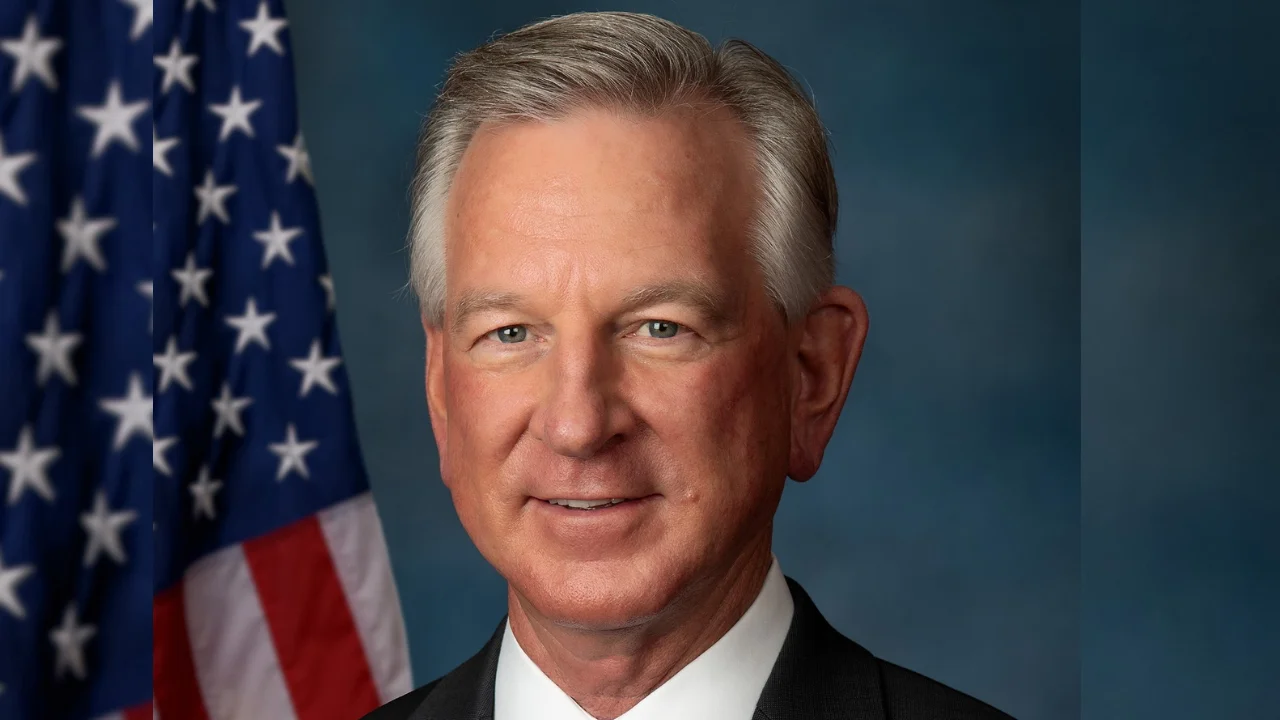
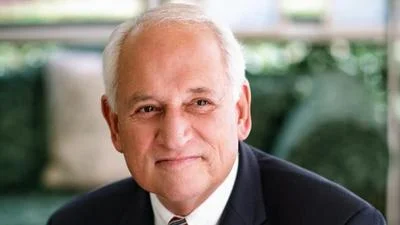
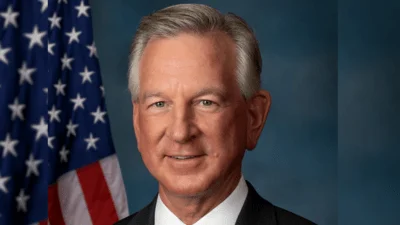
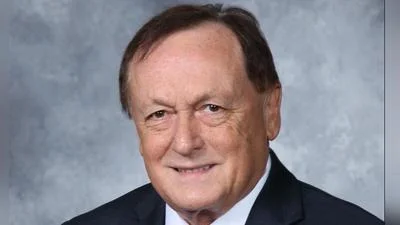
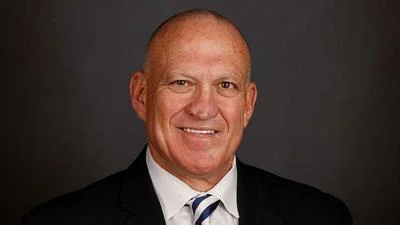
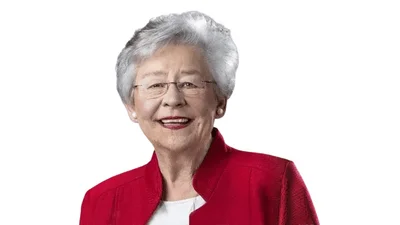
 Alerts Sign-up
Alerts Sign-up